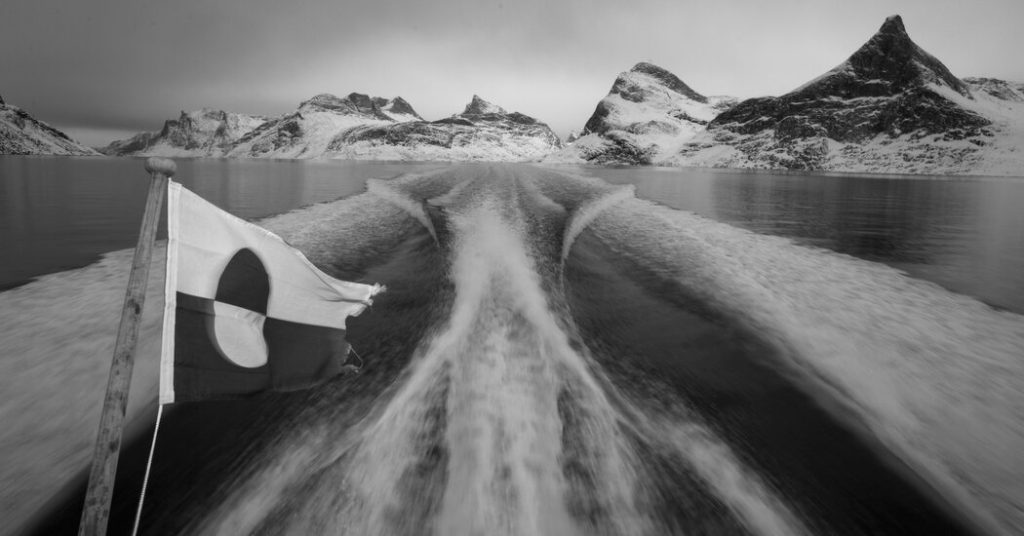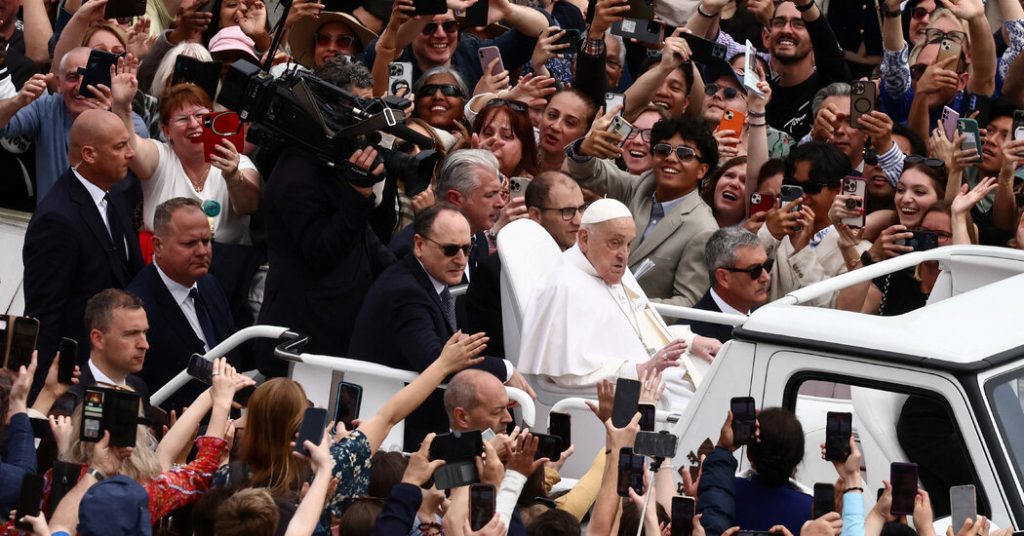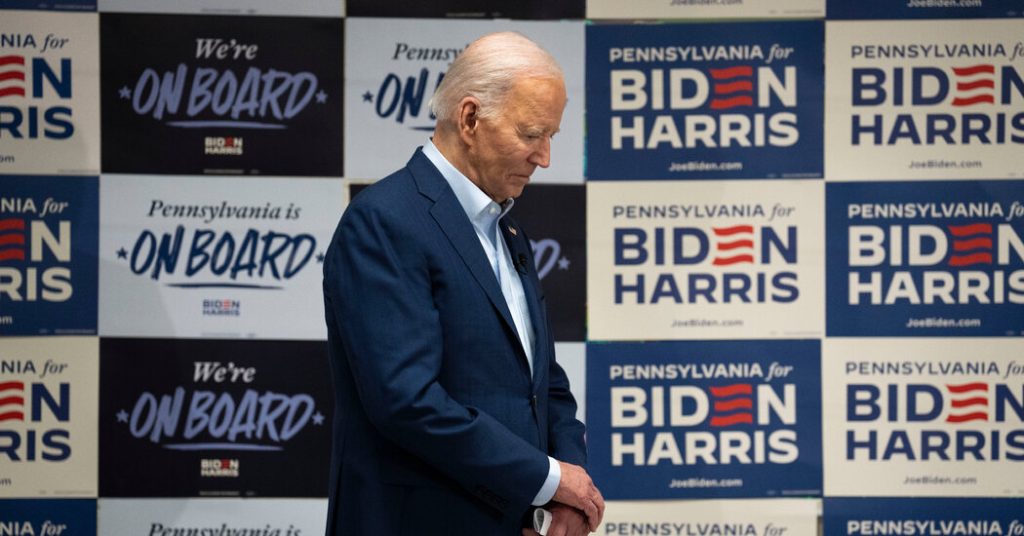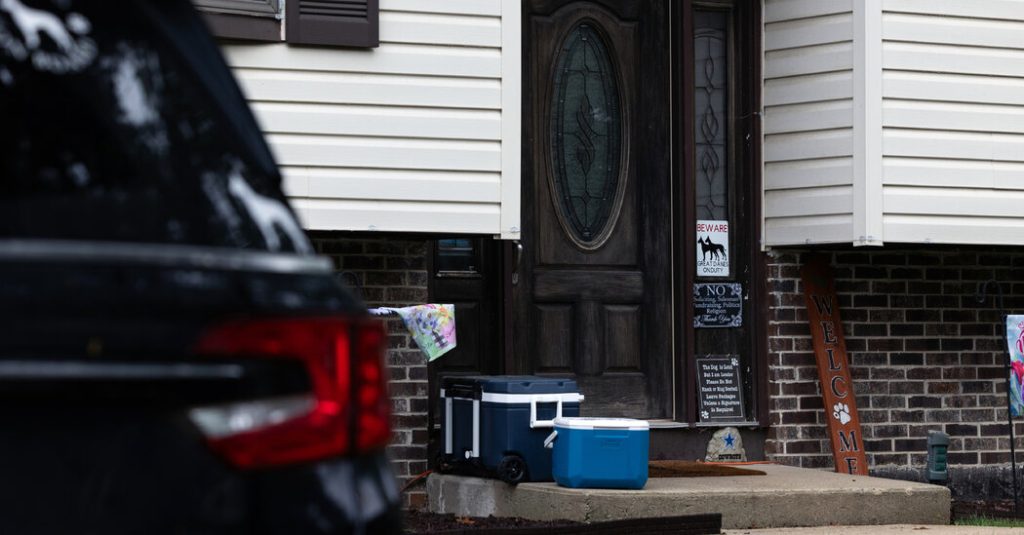It’s hard to avoid America these days in Greenland. In downtown Nuuk, the capital, an electronic news ticker streams near-constant updates on the Trump administration’s fixation on acquiring this Danish territory. Even before retaking office in January, Donald Trump called owning the island “an absolute necessity” for U.S. security, and the push has steadily intensified. A few days before Vice President JD Vance made a hasty visit last month, two American Hercules airplanes emerged over the city. The pair droned across a nearby mountain and over a neighborhood in the commercial port. Then, just as quickly, they were gone.
For decades, Greenland’s primary political goal has been greater independence from Denmark, which colonized the island for over 200 years. Most Greenlanders have no interest in being American, but that doesn’t mean Mr. Trump’s volley of threats to take over the territory is easy to ignore. Greenland, which has largely governed itself since 2009, still relies on Denmark for security, foreign policy and a substantial chunk of money, among other things. That helps with the expensive task of caring for a population of over 56,000 scattered around the perimeter of the world’s largest island.
Since World War II, the free world has organized itself around American leadership and all that entails, including free trade, a nuclear security umbrella and the occasional ill-considered war. The sudden changes wrought by President Trump, notably his gamble that America’s economic and military might is more powerful than its position atop a globalized world, has forced many countries to reconsider their bedrock alliances. Do they want to stay allied with an unpredictable America? A resource-hungry China? Or build something entirely new?
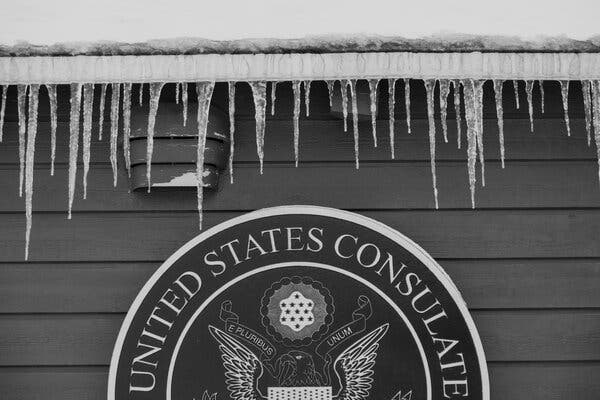
The United States Consulate in Nuuk, Greenland.
Advertisement
SKIP ADVERTISEMENT
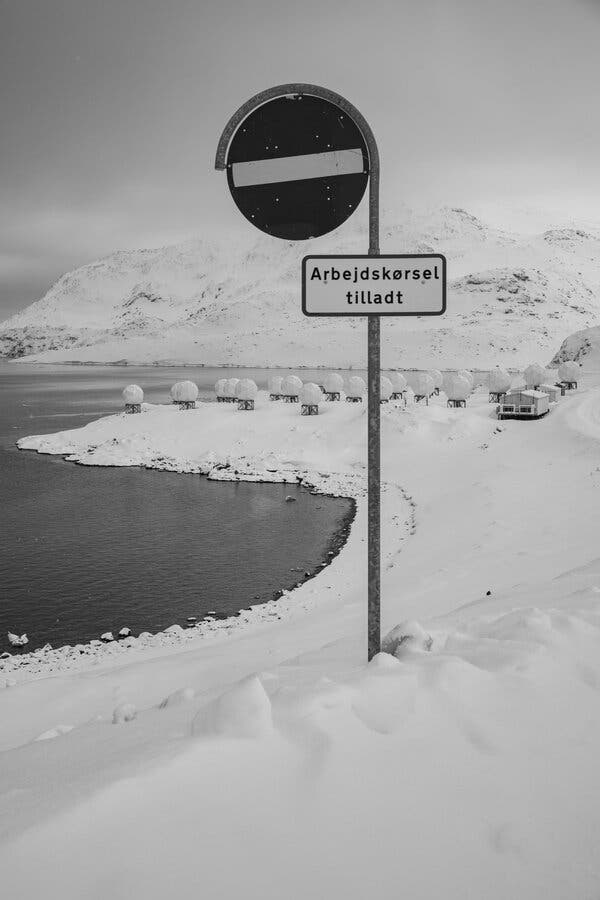
The equipment of communications company OneWeb at the edge of Nuuk.

An American military C-130 Hercules airplane over Nuuk.
How the global reassessment plays out will go a long way toward telling us, as the unipolar 20th century slips away, who will be the dominant power — or powers — of the 21st century. So far, the portents aren’t good if you’re sitting in Washington. America’s rejection of much of the world since Jan. 20 has generated a sense of strength, energy and purpose among its former friends. Leaders abroad are standing up to Mr. Trump, and their voters are responding. Small powers are thinking anew about how to secure their own futures through a broader mix of alliances and relationships.
Subscribe to The Times to read as many articles as you like.

